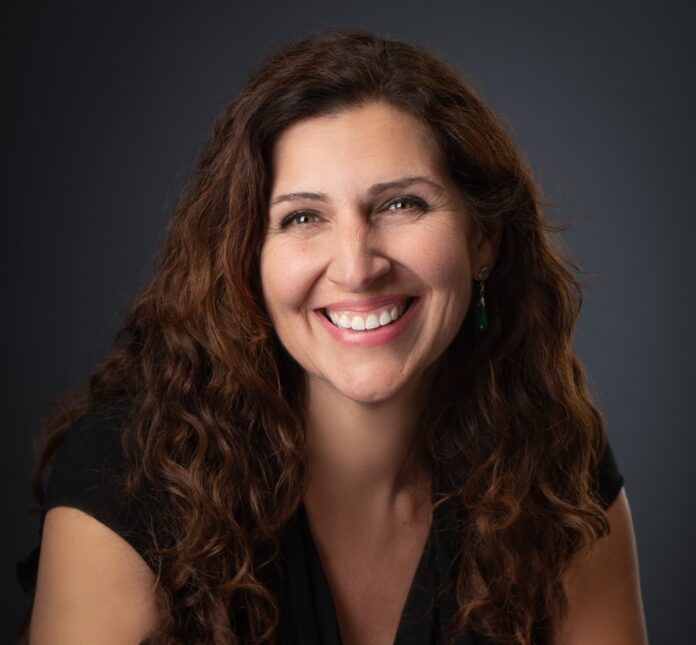November is often marketed as a month for gratitude. The myth of Tom Turkey takes over preschool lessons, sometimes with a side of vivid ‘Indian corn’ for balance. Meanwhile, older children are reminded to be grateful for warm clothes, bountiful plates, and healthy friends and family although the first Thanksgiving in 1687 was a forced political exercise which, according to the Jamestown Historical Society, was designed to celebrate powerful English leaders.
On another cold November day, 258 years later, prisoners at Auschwitz were ordered to dismantle the gas chambers in an attempt to conceal evidence of systematic murder. In a Jerusalem Post interview, Auschwitz survivor Dita Kraus recalled some prisoners spoke of gratitude and others were terrified something more sinister would take their place while she turned inward, grew increasingly worried about what would happen to the few books she maintained as the camp’s undetected 16-year-old librarian.
There were two types of books available in the death camp, Kraus has said: the handful of bound books somehow snuck past guards and stories told by trained and untrained teachers who served as living narratives. Adults crafted lesson plans disguised as games— sometimes using the tattered few books on hand and otherwise relying on oral lessons— while older teens served as guards against sudden Nazi inspections. The oral lesson books were born of necessity, Kraus remembers, a way to maintain routine for children who had somehow landed in the experimental family block overseen by infamous Dr. Mengele. I’ve never run across a Kraus interview where she describes what telling those stories meant for the teachers, but I would think they were also a source of mixed emotions for imprisoned adults with a call for learning, a need to bring forth knowledge.
The formalization of audio narratives in modern America can be traced to the Talking Book Program established by Congress in 1931 to provide library services for people with disabilities. On Oct. 27, the California State Library won federal approval in the form of $15 million which directs resources toward increased access to books of all formats: bound, audio, Braille-imprinted and human included. The internet has plenty to say about the collection of living books, alternative sources of information who serve in libraries across modern America: drag queens and transgender activists, cancer survivors and undocumented residents, all people willing to share their lessons and answer questions against the backdrop of modern politics. It has been 75 years since Kraus, the young prisoner- turned-librarian created ways to keep books, including living books, available while her government suppressed knowledge and openly tried to mislead the world with lies. In comparison, we have everyday people willing to serve as teachers across a free nation and invite questions from anyone seeking to learn from them as an alternative to books, not unlike those teachers who were compelled to share lessons in the absence of books.
Where the royals ordered Jamestown colonists to celebrate with displays of gratitude, there is a real sense of being blessed, in today’s society, with being able to choose between learning from a hardbound book or a person who volunteers to share their stories. There is also an undeniable link between gratitude and knowledge and the human capacity to survive. The concept of serving as a living book for children under deadly circumstances I am powerless to conceptualize is not entirely removed from recognizing our tiny presence in the scope of history.
As people did before books, as people did without books, we too push our voice out as far as possible into darkness in a desperate act of faith.
In gratitude, I give you a list of some November events happening at libraries throughout our area.
• The El Cajon library has a ‘Bag ‘o Books’ sale happening from 10 a.m. to 2 p.m. on Nov. 5. Customers can fill a bag with as many books as possible for only $2. All proceeds benefit the Friends of the El Cajon Library.
• Local high schoolers will host a ‘Construction Junction’ from 1 to 2:30 p.m. on Nov. 5 and 6 at the El Cajon library with craft activities and LEGO brick building challenges geared for kids ages 4 and up.
• San Diego Law Library will have guest librarians on hand from noon to 4 p.m. on Nov. 9 at the El Cajon library to guide patrons toward legal databases and reference assistance.
• Whodunit? Find out at the El Cajon library book club on Nov. 8 from 12 to 1:30 p.m.
•The El Cajon library offers recurring and regular meetups where LGBTQ+ teens, ages 12-17 can socialize in a safe space every Wednesday from 4:30 to 6:30 p.m.
• Also, the El Cajon library welcomes adults with disabilities and their caregivers to make crafts, play games, explore the library, and enjoy music, storytimes, guest speakers, and more on the second and fourth Monday of every month from 10 a.m. to 12 p.m.
• Tuesdays from 5 to 6:30 p.m., the El Cajon library has homework help and reading practice for high schoolers with Spanish speaking tutors on hand.
• Storytime is back at the Lemon Grove library. Children are welcome every Wednesday at 10:30 a.m. for songs, stories, and fun.














